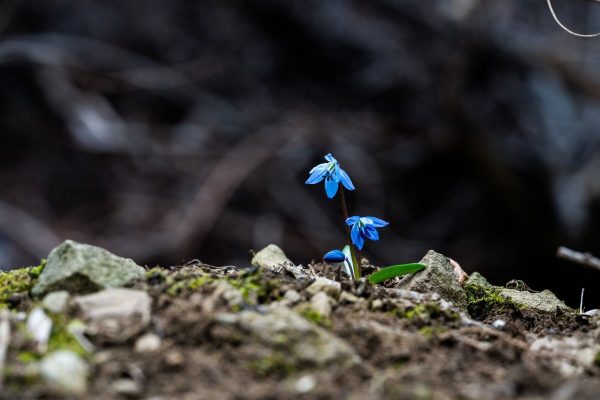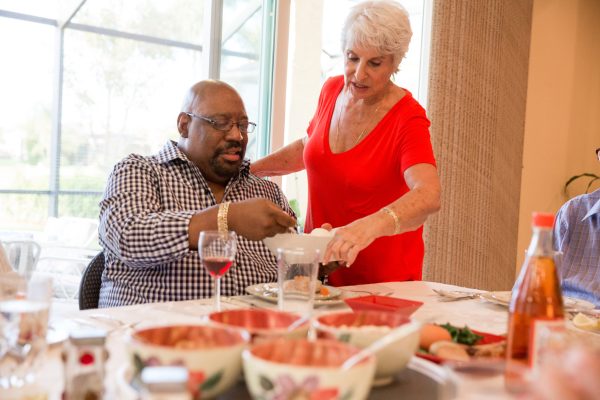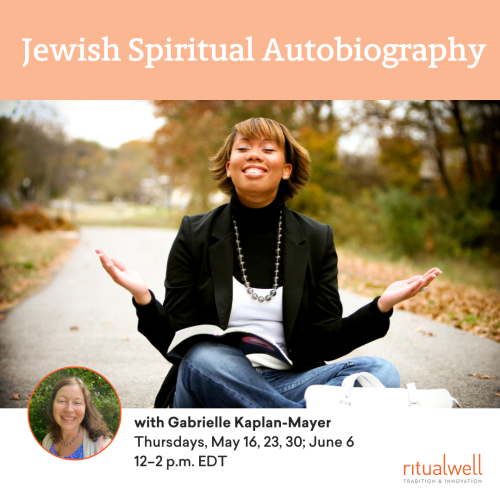The haggadahLit. "Telling.” The haggadah is the book used at the seder table on Passover to tell the story of the Exodus, the central commandment of the holiday. It is rich in song, prayer, and legend. There are many different version of the Haggadah produced throughout Jewish history. was written in a particular historical context and the sederLit. Order. The festive meal conducted on Passover night, in a specific order with specific rituals to symbolize aspects of the Exodus from Egypt. It is conducted following the haggadah, a book for this purpose. The mystics of Sefat also created a seder for Tu B'shvat, the new year of the trees., as we know it, is modeled after Greco-Roman symposia, which were elaborate banquets for the affluent Roman citizens. The rabbis, using the basic structure of the symposia, transformed the seder for their religious and educational needs. For example, the symposia were only for the rich, but the seder was for rich and poor alike; at the symposia, wine drinking was unlimited, while at the seder, it was limited to four cups.
The content of the traditional four questions was written in the backdrop of this context, and therefore, relates directly to the symposia experience. For example, the question pertaining to why we dip twice on PassoverPassover is a major Jewish holiday that commemorates the Jewish people's liberation from slavery and Exodus from Egypt. Its Hebrew name is Pesakh. Its name derives from the tenth plague, in which God "passed over" the homes of the Jewish firstborn, slaying only the Egyptian firstborn. Passover is celebrated for a week, and many diaspora Jews celebrate for eight days. The holiday begins at home at a seder meal and ritual the first (and sometimes second) night. Jews tell the story of the Exodus using a text called the haggadah, and eat specific food (matzah, maror, haroset, etc). rather than once relates to the manner in which hors d’oeuvres were served at symposia, involving dipping of foods into various dips or salads. And the question of reclining, too, was taken directly from the symposia, as it was part of the banquet for guests to recline on couches in order to experience being treated like royalty. The rabbis extended this reclining into the seder as an expression of our freedom as Jews.
Since the purpose of the four questions is to ignite our curiosity and engage us in participating in the storytelling process, the four questions, as traditionally written, made sense in their time period as a method of achieving this goal. But do these same four questions still have the power to ignite us as seder participants today?
If so, how? If not, could we or should we add a different set of questions, and if so, what might some of those questions be? As women, what questions might we ask?
1. How can we enrich our experience of the Exodus by retelling the ancient story of slavery and redemption from a woman’s perspective?
2. What does it mean to be free Jewish women and not simply free Jews?
3. What still enslaves us as Jewish women and who are our Pharaohs?
4. How can we be sensitized to the plagues we face today, and participate as women in tikkun olamLit. Repair of the world According to Jewish mysticism, the world is in a broken state. Humanity's job is to join God, as God's partners, in its repair., the healing of the world?
From A Women’s Seder. Jewish Community Federation of Baltimore. Used with permission












